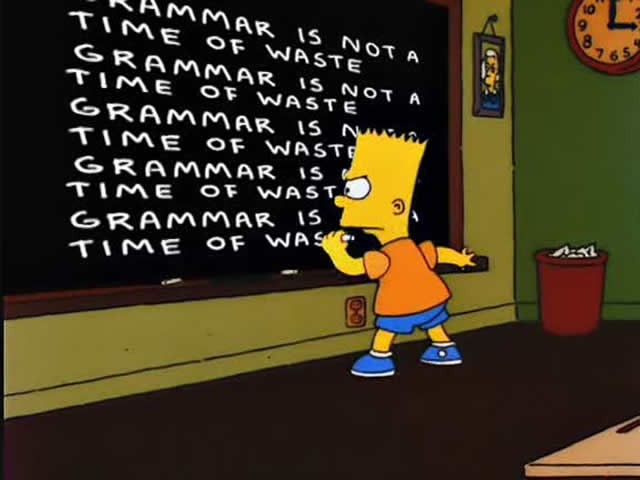Making a difference, one Oxford comma at a time
Grammar, stylistic conventions and the more technical aspects of writing get a bad rap. We all know they’re necessary, but surely it’s the content that makes the writing, right? Besides, breaking the rules from time to time is how creative writing stays fresh.
But this is the wrong way to look at it. The rules of writing aren’t rigid, and a good writer can bend and interpret them without breaking them to make a statement or perfect their tone.
In journalism, consistent conventions create flow for readers between articles that might have been written by writers with wildly different styles — nobody wants to shift gears every 800 words just to get their news. Even more importantly, though, is how a set of stylistic rules can make a statement and clarify a position.
The difference in connotation between “homosexual” and “LGBT” or “black” and “African-American” can speak to what a writer is trying to say, or what position a publication is assuming on a controversial topic. Even for less sensitive issues, matters as seemingly trivial as capitalization are worth analyzing for the statement they make; it’s why we discussed for the better part of an hour whether we would use “University” or “university” when referring to USC.
No matter the medium, the rules that guide writing should be seen as stimulating, not stifling. Without these rules there would be no point of reference with which to distinguish professional, creative, interesting, clever or just plain bad writing. They offer an ever-shifting set of boundaries with which to perfectly frame what you are trying to say — nuances like the order of words in a list, where a paragraph breaks and how long you let a sentence run are all opportunities for a good writer to emphasize, connotate and elaborate.
Because of the ever-changing nature of diction and writing, the staff of the Daily Trojan will always have to meet about the details of our publication’s style. And these meetings will alway make me want to slam my head against my desk as we enter hour three of the debate over “historic” vs “historical.” But, to effectively convey the niceties of a topic and write with genuine complexity, it sometimes pays to give a f*** about an Oxford comma.
Burke Gibson is a senior majoring in economics. He is also the associate managing editor of the Daily Trojan.

